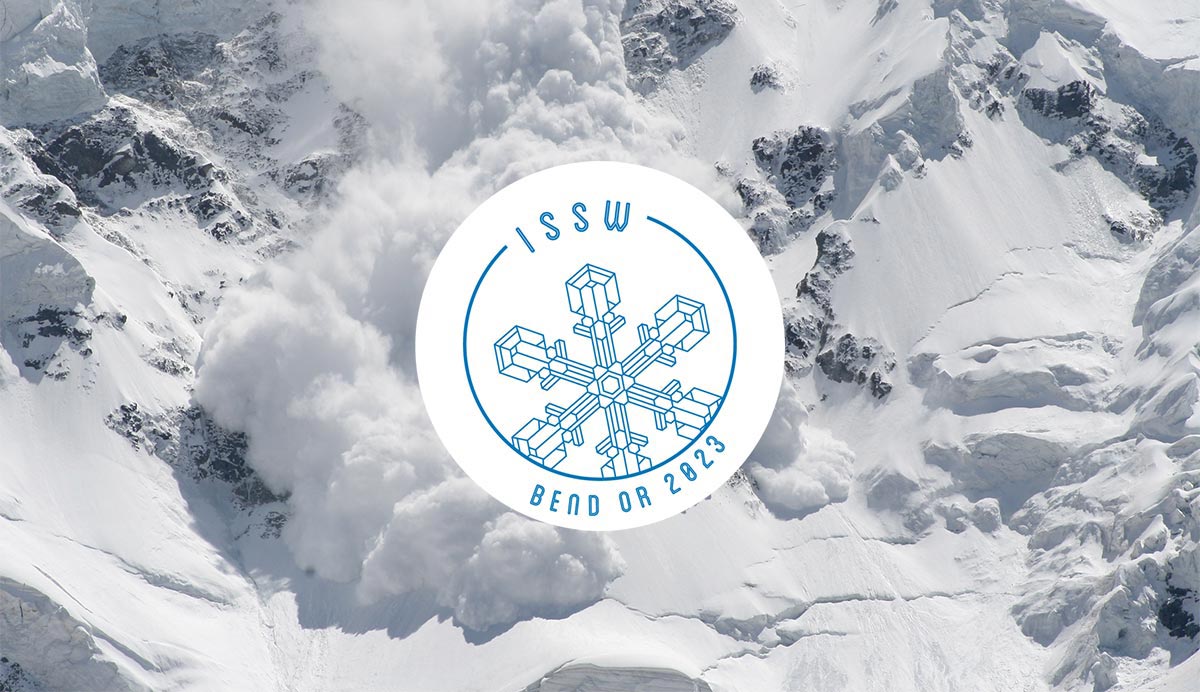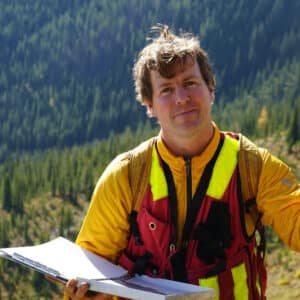
MND ATTENDS THE ISSW, THE WORLD’S LARGEST CONFERENCE ON SNOW & AVALANCHES
On the occasion of the International Snow Science Workshop in Bend, Oregon, we interviewed Greg Johnson, engineer and avalanche specialist to discuss avalanche risk management.
- How important is the ISSW, and what do you expect from this 2023 edition?
The ISSW is an important conference that provides a platform for different sectors within the avalanche industry to connect and learn from each other. The ISSW hasn’t been held for a long time, so I’m looking forward to seeing old and new friends. I think most people are looking forward to reconnecting.
- How is the snow & avalanche research moving forward? Any recent major progress?
Research in all industries tends to be slow and steady, and snow avalanche research follows this trend. We haven’t had an ISSW for a long time, so I hope there will be a pivotal presentation. From an engineering perspective, there is much room for a keen researcher. A topic that may have direct implications for construction costs is how to apply limit states designed to avalanche loads with different magnitudes and return periods. For large structures like bridges, a 20% difference in avalanche loads will have substantial effects on project schedules and costs.
- In your opinion, how could the industry do best / more regarding avalanche risk management?
In the avalanche control sector, we need to increase our workforce sizes to accommodate the expectations of the public, managers, and clients. The public has an increasing expectation of low closure hours, and the private industry expects work to proceed with little delay. Most programs have more infrastructure that requires maintenance, such as RACS (Remote Avalanche Control Systems, such as Gazex™ or O’bellX™) and avalanche detection systems, which also puts pressure on staffing. Increased budgets and workforce will give programs more bandwidth to effectively manage avalanche risk.
- Do you think climate change will affect or already affects snow forecasts and avalanche behaviors, and how? If yes, how can we adapt to it?
Climate change is here and affecting our industry. In certain regions, we are experiencing warmer temperatures and more rain on snow events. Extreme winters or specific events appear to be more common. I think we all need to expect conditions we’ve never experienced and adjust our mental models of what that could look like and how to work with it.
About Greg Johnson
Greg Johnson works at 6 Point Engineering. He is an engineer and avalanche specialist with twenty years’ experience across avalanche risk management, civil engineering, and project management. He holds an MSc in Avalanche Mechanics from the University of Calgary. Greg has worked extensively as an avalanche forecaster for industrial projects and public agencies in the US and Canada, a rescue specialist, and as a ski touring and helicopter ski guide throughout the world.
